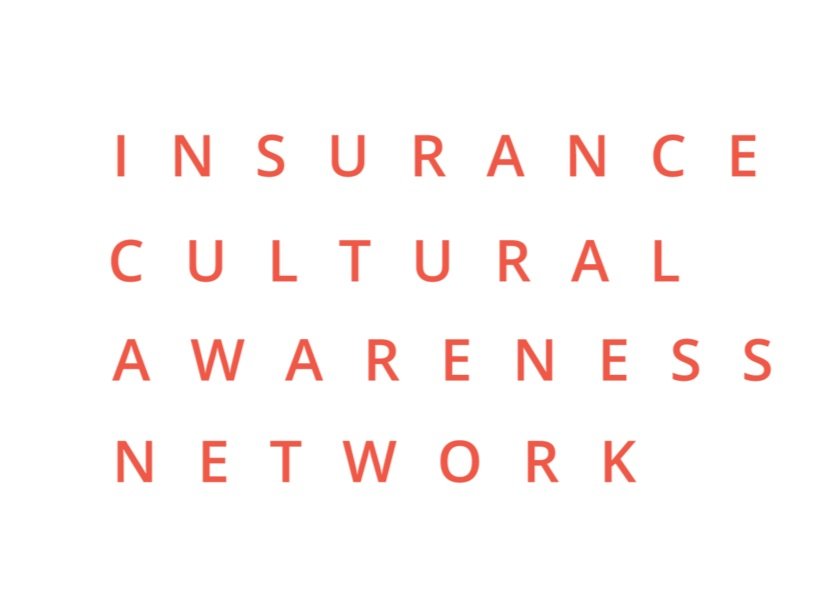Breaking Barriers, Building Futures: Reflections from the ABI & iCAN International Women’s Month Event
The insurance industry is evolving, but for many women, the path to leadership remains a complex challenge. Catalysts for Change, an event co-hosted by iCAN and the ABI during International Women’s Month, brought together professionals, industry leaders, and advocates to discuss how to accelerate progress, break down barriers, and foster more inclusive workplaces.
Held at ABI’s offices in London and streamed virtually, the event featured a panel of influential speakers who shared their experiences and insights on navigating leadership, tackling workplace inequalities, and ensuring that diversity, equity, and inclusion (DEI) efforts translate into real change.
The discussion was not just about individual success but about collective responsibility. How can we create workplaces where everyone has the opportunity to thrive? How do we move from passive awareness to active advocacy? And how do we ensure that the next generation faces fewer barriers than those before them?
The Power of Visibility and Playing to Your Strengths
The conversation opened with a discussion on owning your strengths and the importance of being seen. Women in the industry often feel pressure to fix their weaknesses, but the panelists encouraged a shift in mindset.
Jennie Hill highlighted the need to be clear on what you bring to the table and make sure others see it. Career growth is not just about competence. It’s about ensuring your work is recognised and that you are actively involved in conversations that shape decision-making.
Gareth Mutema reinforced this message. Success is not just about showing up. It’s about delivering and making sure that delivery is visible.
"Flawless execution matters," he said, "but so do the small things. If you can be 1% better every day, it adds up."
Breaking Barriers: The Reality of Progressing into Leadership
Women, particularly women of colour, face additional challenges when stepping into senior roles. The panel explored how expectations are often different, with women expected to prove themselves repeatedly before being given leadership opportunities, while male colleagues are often promoted on potential.
Marcia McFarlane shared her experience of pushing for leadership opportunities and the resistance she faced.
"It’s not just about proving yourself. It’s about whether the people in power are willing to back you," she said.
The discussion highlighted the critical role of leadership in creating real opportunities, not just offering symbolic gestures. It’s not enough to remove barriers in theory—leaders must ensure that women are actively given high-impact projects, visibility, and the same career risks as their male peers.
Male Allyship: Moving Beyond Support to Action
A key theme of the evening was the role of male allies in driving gender equity. Support is not enough. Change requires action.
The panel outlined practical ways men in leadership can become active allies:
Listen to women’s experiences and take action rather than waiting for them to push for change.
Challenge biased behaviours and exclusionary structures in leadership conversations.
Advocate for women’s contributions and ensure they are recognised in key decision-making spaces.
Sponsor women for leadership roles instead of assuming they need more experience before taking on responsibility.
A key takeaway from this discussion was that allyship is about using influence to open doors, not just standing on the sidelines in support.
Confidence, Imposter Syndrome, and Speaking Up
For many women, imposter syndrome remains a major challenge, even after reaching senior positions. The panel shared strategies for building confidence and advocating for yourself.
Track your wins. Keeping a record of your achievements can help counter self-doubt.
Accept positive feedback. If people recognise your strengths, believe them.
Speak up for yourself. Don’t assume your work will be noticed—make sure it is acknowledged.
A significant discussion point was how to handle situations where someone else presents your ideas as their own. The advice was clear. Choose your moment. Sometimes addressing it in the room is the right approach, while in other cases, a well-placed conversation afterward can be more effective.
Turning DEI Commitments into Real Change
Diversity, equity, and inclusion policies are in place across most organisations, but there is often a gap between policy and action. The discussion focused on what it takes to drive real progress.
The panelists outlined the steps companies must take:
Make DEI a business priority rather than a side initiative.
Ensure fair hiring and promotion processes so that women and underrepresented groups have access to leadership roles.
Hold leadership accountable for actual progress, not just commitments on paper.
Change the language around leadership conversations. Instead of rigid expectations, focus on potential and impact.
For professionals who feel stuck in workplaces where DEI is not valued, the message was clear.
"If they don’t celebrate you, find somewhere that will."
The event ended with a powerful challenge to attendees. Progress does not happen by chance. It happens when individuals take responsibility for driving change.
The networking session that followed was filled with energy and purpose. Attendees shared stories, built connections, and exchanged ideas about how to keep pushing forward in their careers and industries.
The night reinforced an essential truth. The future of leadership in insurance will be shaped by the actions we take today. If we want real change, we must demand it, drive it, and ensure that the next generation faces fewer barriers than the last.
About iCAN
The Insurance Cultural Awareness Network (iCAN) is a leading organisation committed to promoting diversity and inclusion in the insurance sector. Established in 2017, iCAN has been instrumental in spotlighting cultural awareness, fostering talent, and championing diversity within the industry.


